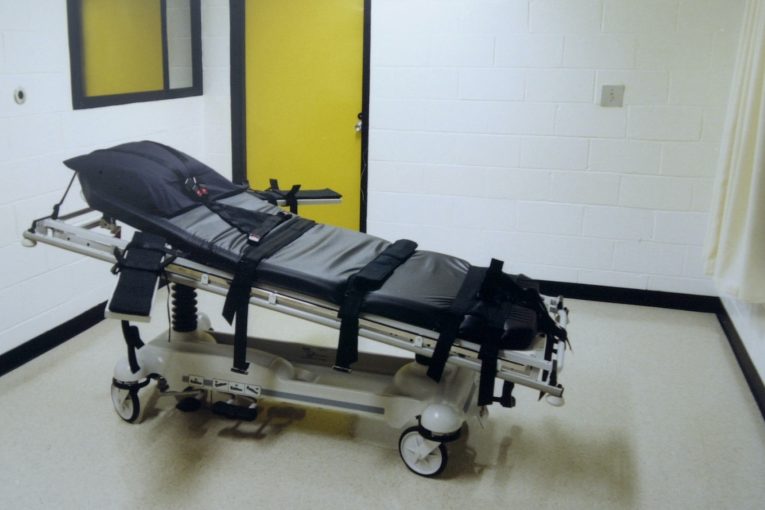
WASHINGTON, DC – The U.S. Attorney General last week was instructed by President Trump to seek the death penalty for all federal capital crimes when the killing of a law enforcement officer is involved, or if the crimes were committed by an illegal alien, according to The News & Observer.
The News & Observer added President Trump was likely aware of the potential constitutional invalidity of the trials, because he also directed the AG to seek to overrule Supreme Court precedents that would “limit the authority of State and Federal governments to impose capital punishment.”
However, the News & Observer notes Trump may have been ignorant of the fact that this policy had already been tried and failed in the state of North Carolina.
The News & Observer reports that, prior to July 2001, North Carolina state law “deprived prosecutors of discretion not to seek the death penalty” in cases where there was some evidence of a single aggravating circumstance in felony murder cases.
The consequences of this state law led prosecutors, defense attorneys, victims’ advocates and other groups to repeal the law in 2001, states News & Observer, adding the widespread effort resulted in a bipartisan and nearly unanimous vote in the N.C. Senate and House to repeal mandatory death penalty prosecutions.
According to The News & Observer, the North Carolina death penalty trials led to “spiraling numbers of new death sentences,” many of which involved persons who were least able to defend themselves because of serious mental illness, intellectual disabilities, youth or poverty, or racial discrimination.
The North Carolina prosecution of Guy LeGrande illustrates many concerns of the mandatory prosecution trials, notes News & Observer, explaining LeGrande was a mentally ill Black man with psychotic and grandiose delusions who represented himself at his 1996 sentencing trial and was sentenced to death in a murder-for-hire scheme.
The News & Observer also reports that LeGrande’s more culpable white co-accused who hired him and provided the murder weapon was permitted to plea bargain to second-degree murder.
Under the mandatory prosecution trials, the prosecutor “had no choice but to pursue the death penalty” once he decided to prosecute for first-degree murder, and was not able to consider LeGrande’s mental illness in that decision, informs News & Observer, noting LeGrande remained on death row for more than 20 years until N.C. Governor Cooper commuted his death sentence in 2024.
LeGrande’s case illustrates how, despite its repeal, North Carolina still feels the immense impact of the mandatory death penalty prosecution law, News & Observer wrote, noting two-thirds of North Carolina’s death row today is made up of persons sentenced to death before 2002.
North Carolina’s death row remains the fifth largest in the country.